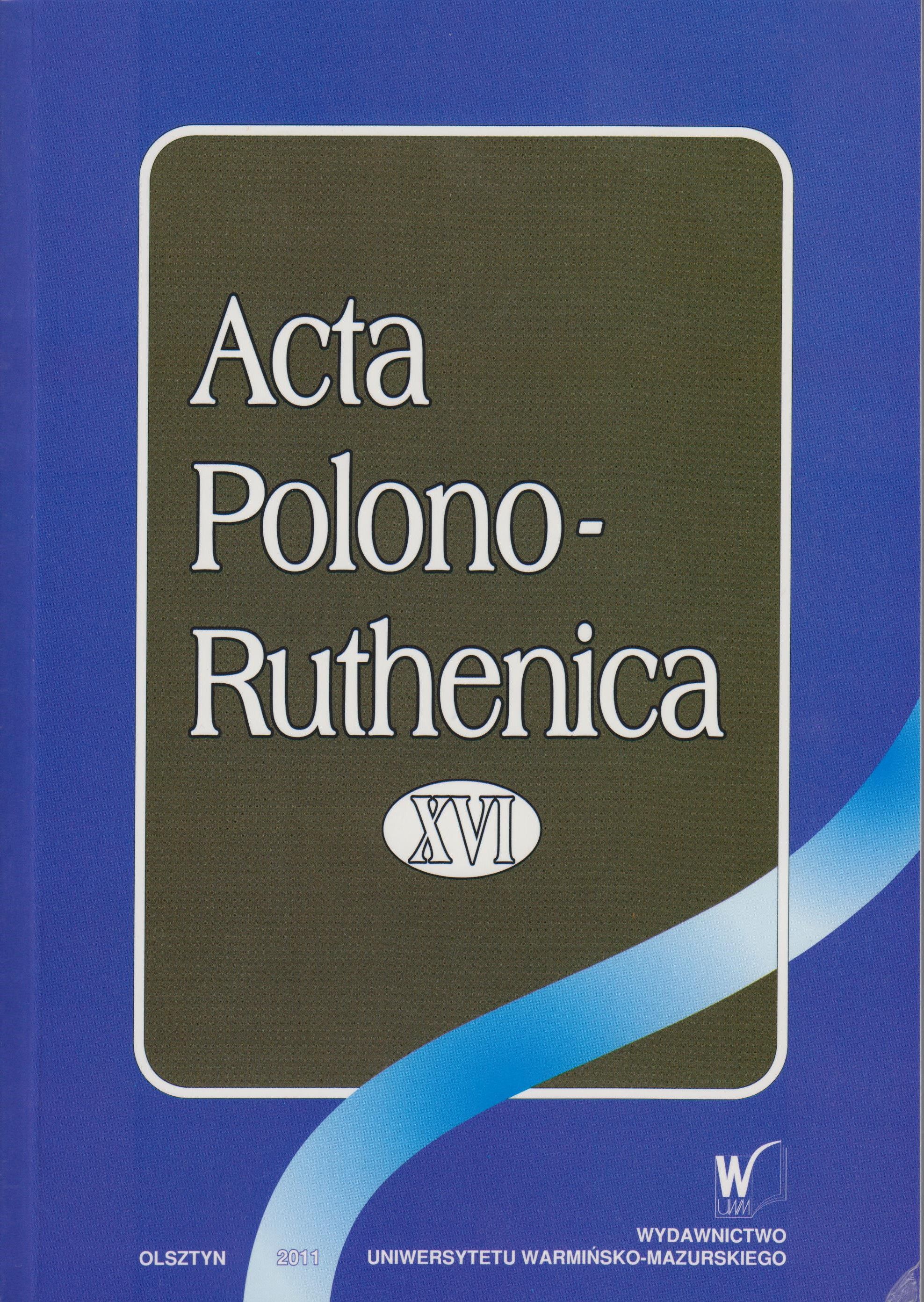„Czadowy” życiorys bohatera drogi,
czyli komparatystyczne spojrzenie na Mo skwę -Pietuszk i Wieniedikta Jerofiejewa i J a k zostałem pisarzem Andrzeja Stasiuka
"Rocking” Life of Hero on the Road, or Comparative View of "Moscow-Petushki ” of Venedict Yerofeyev and "How I Became a Writer” of Andrzej Stasiuk
Author(s): Beata Waligórska-OlejniczakSubject(s): Language and Literature Studies, Studies of Literature, Theory of Literature
Published by: Wydawnictwo Uniwersytetu Warmińsko-Mazurskiego w Olsztynie
Keywords: "Moscow-Petushki; Andrzej Stasiuk; "How I Became a Writer”;
Summary/Abstract: In the context of postmodern culture J. Lotman’s notion of the hero on the road seems to bethe most adequate and up-to-date representation of the contemporary human being. Moscow--Petushki of V. Yerofeyev and How I Became a Writer of A. Stasiuk constitute the examples ofnovels whose plot is built up around travel, adventures and protagonist’s movement between thepoints in the topography of a city or country. However, the hero’s peregrination in both text ismeant to be just background and inspiration for the core element of the works, which is metaphysicalreflection on life. The article tries to present the characters of the above mentioned works asthe complementary variations of the nomadic hero which results in treating them as the creativecommentary to understanding Polish and Russian mentality. The discussion focuses on suchanalogies in the texts as social and intellectual background of the protagonists, their attitute to thecommunist reality revealed in their showing disrespect to the system, independence manifestedthrough the body language or indifference towards the government. Both texts can amuse thereader with sophisticated recipies for alcoholic coctails which have to be consumed to surviveeveryday reality. The space in Yerofeyev’s text, apart from the mythical Petushki, seems to bemore neutral or sometimes even hostile, the landscape in Stasiuk’s novel is shaped by the memoriesof the hero, his experiences make it more local, easy to recognize and familiarize.
Journal: Acta Polono-Ruthenica
- Issue Year: 2011
- Issue No: XVI
- Page Range: 265-275
- Page Count: 11
- Language: Polish

